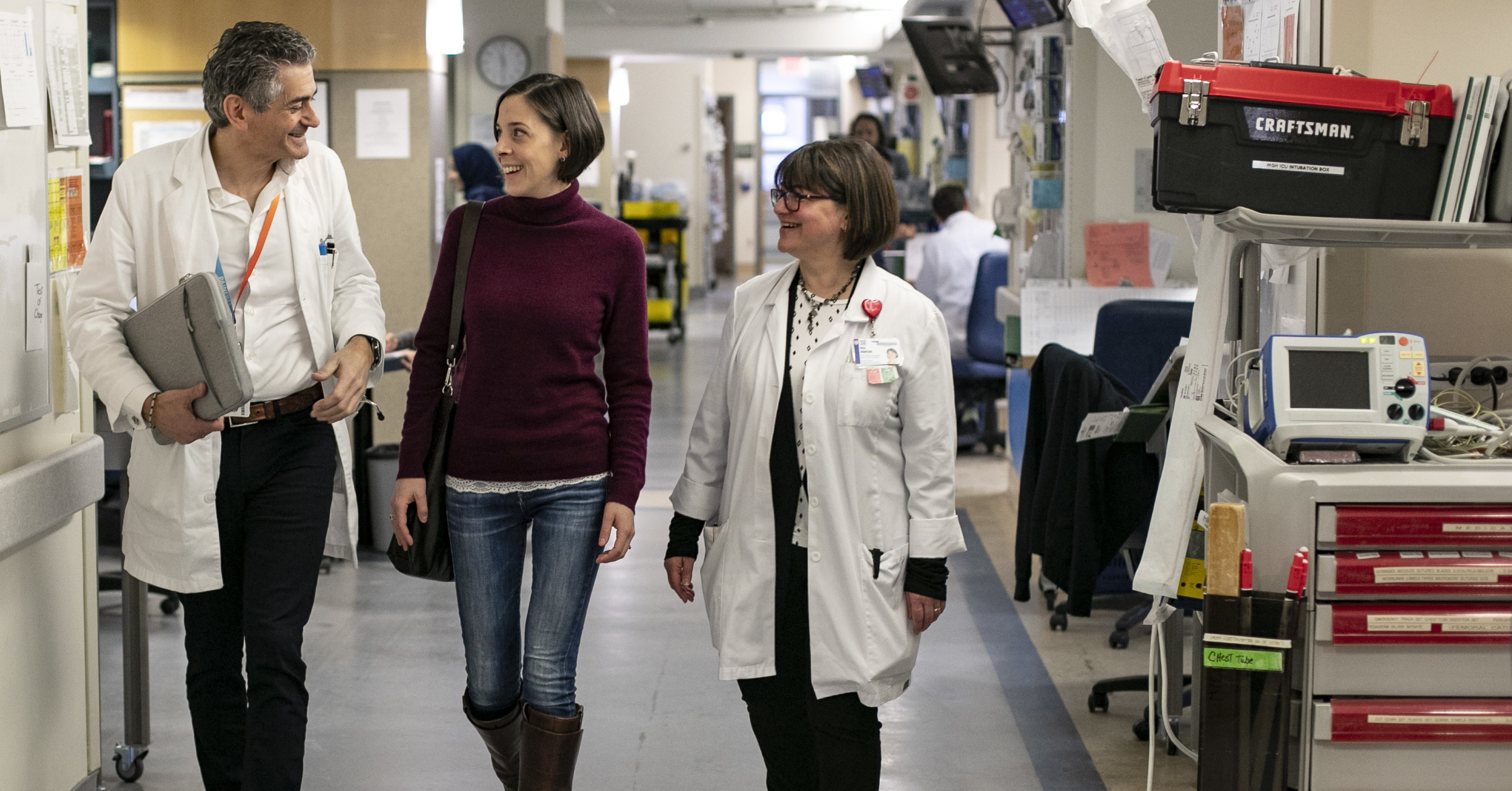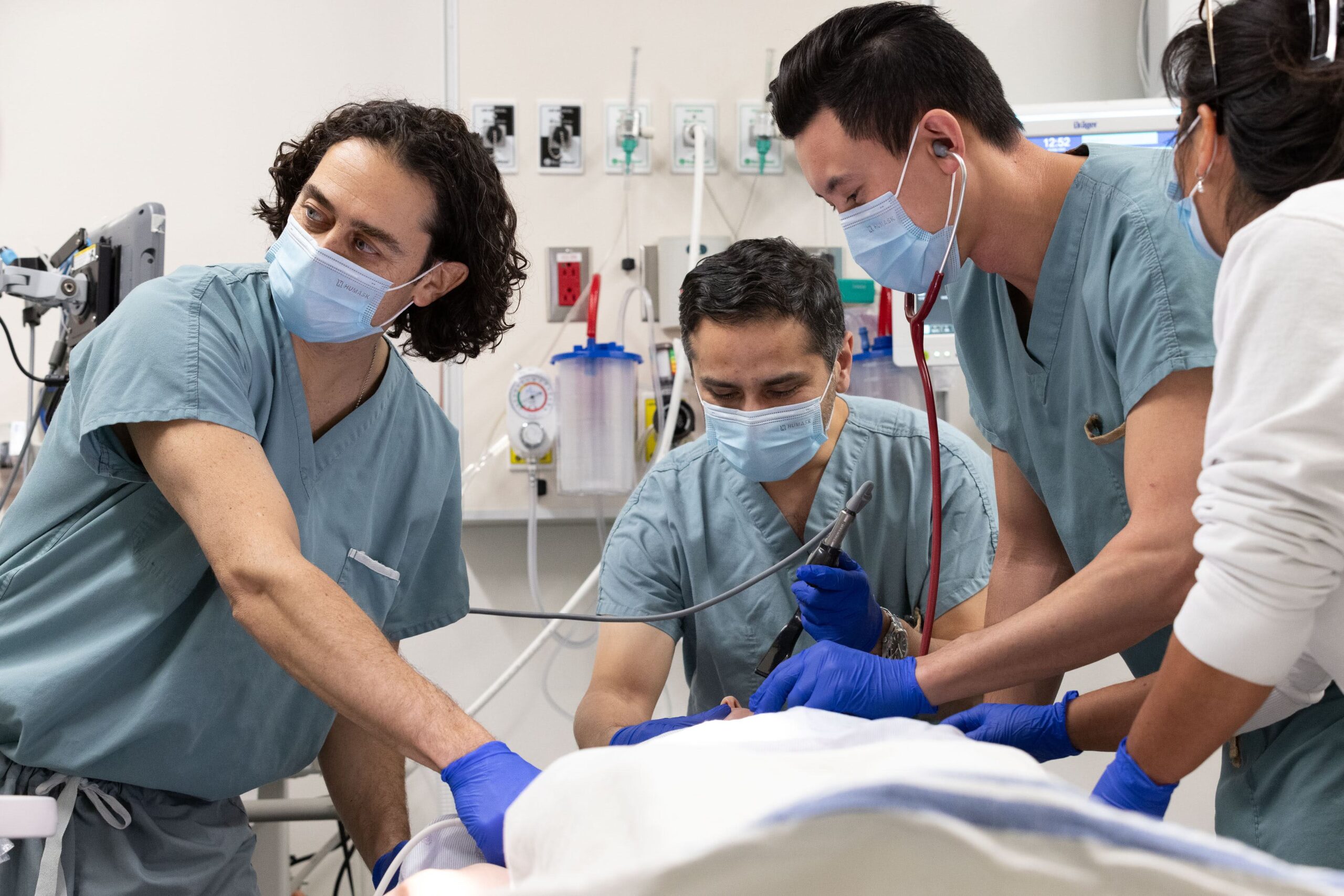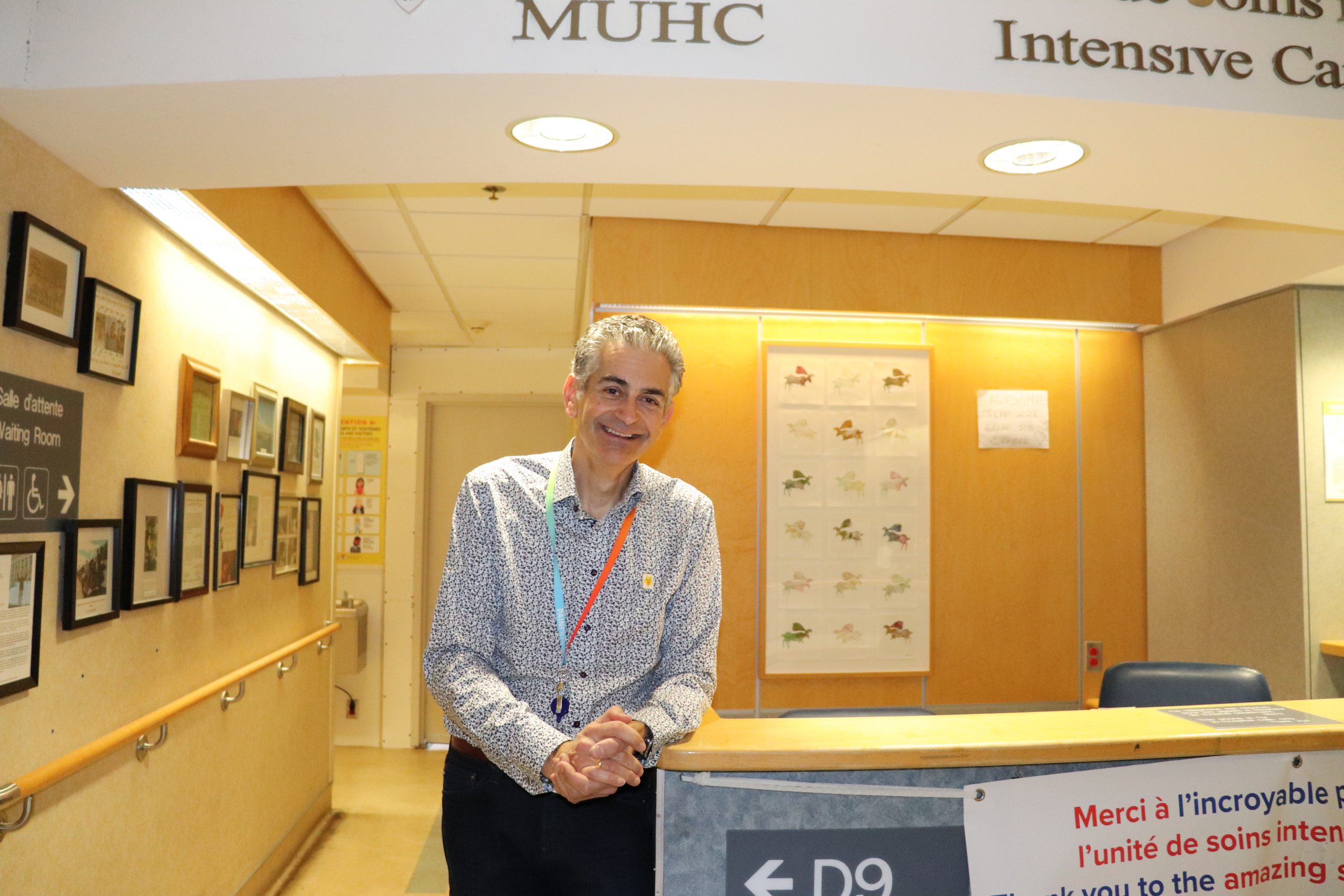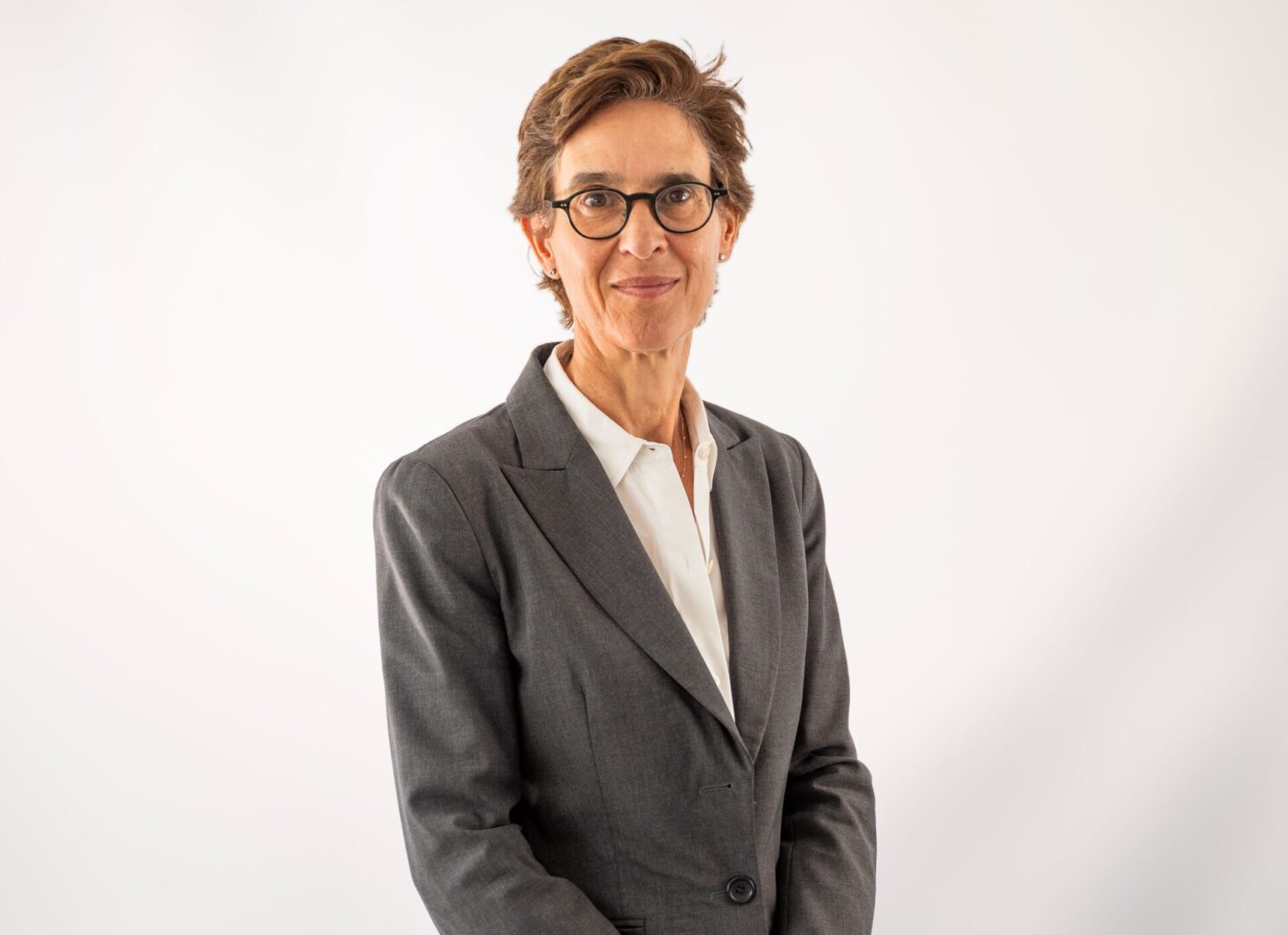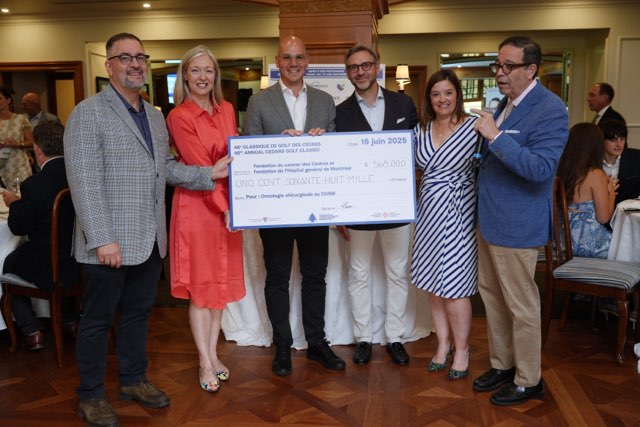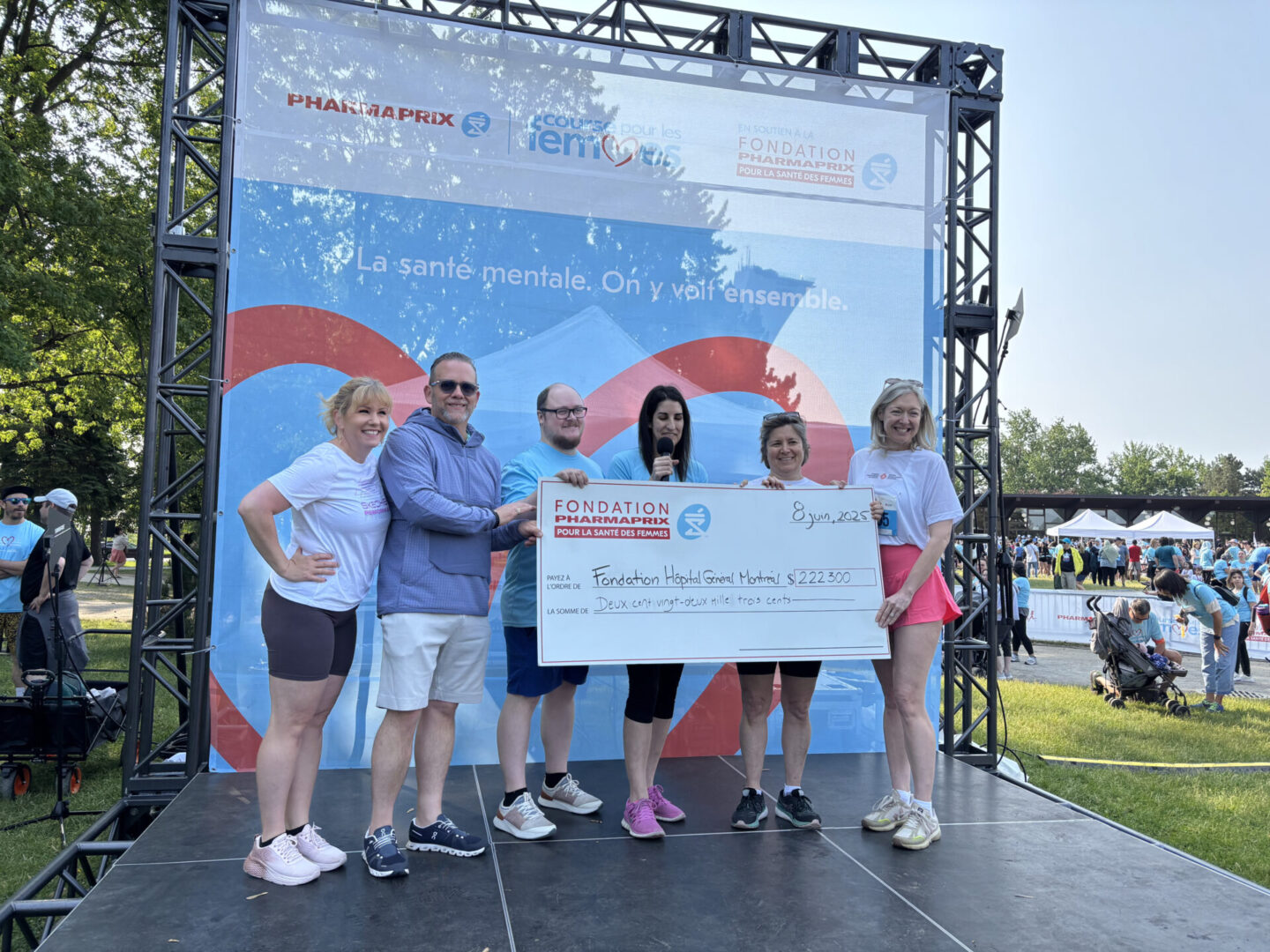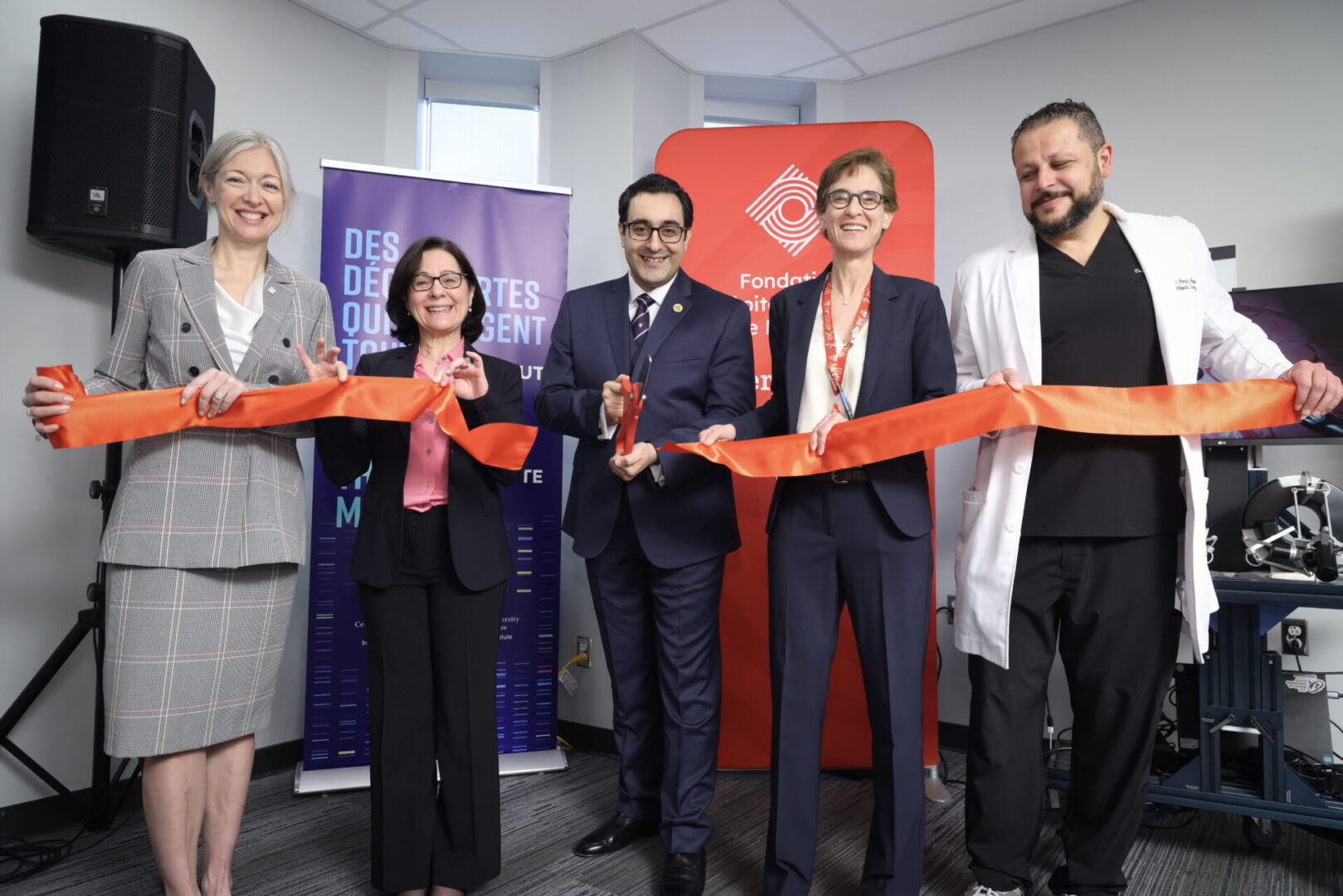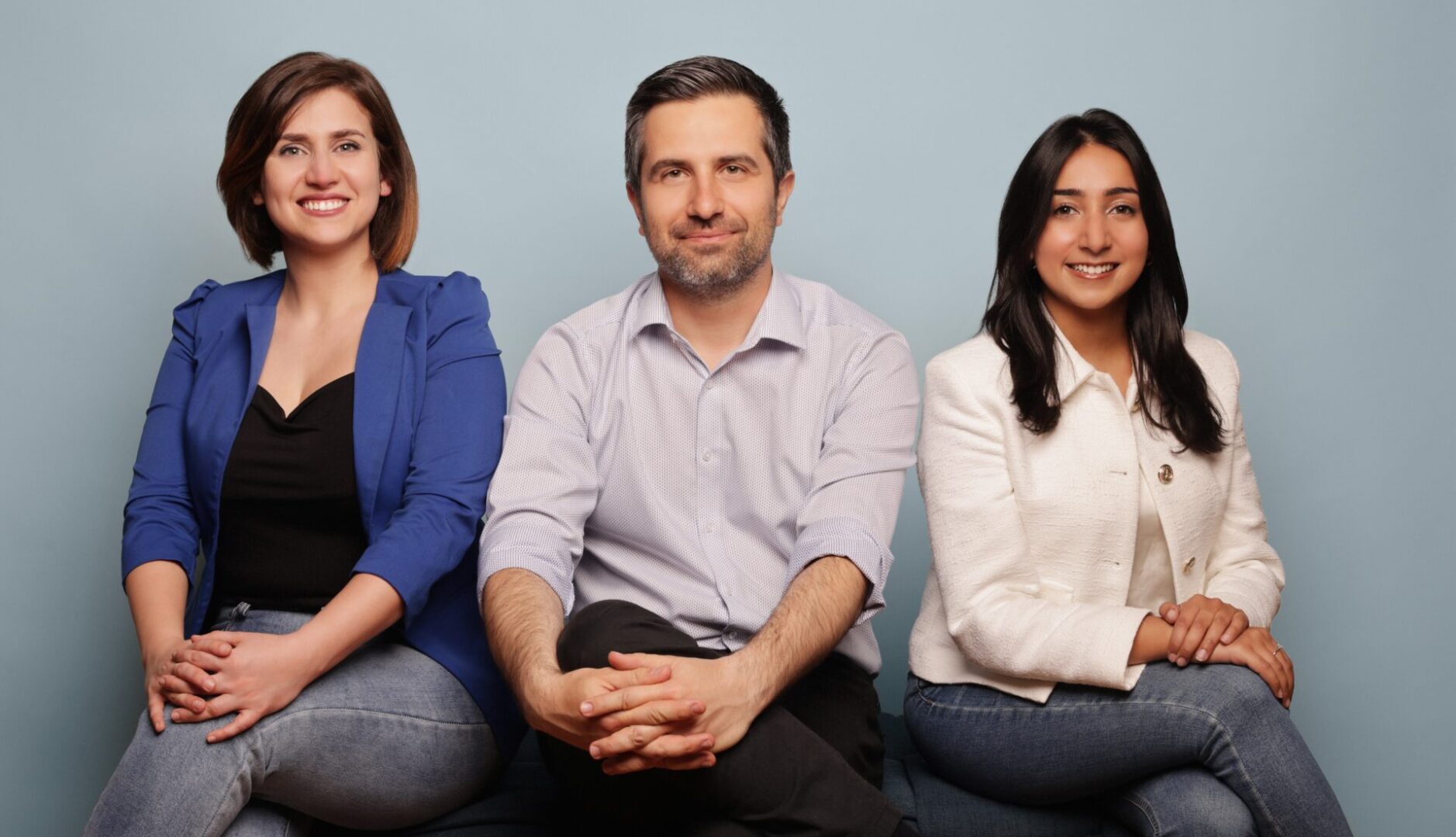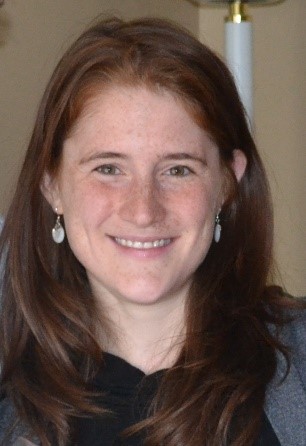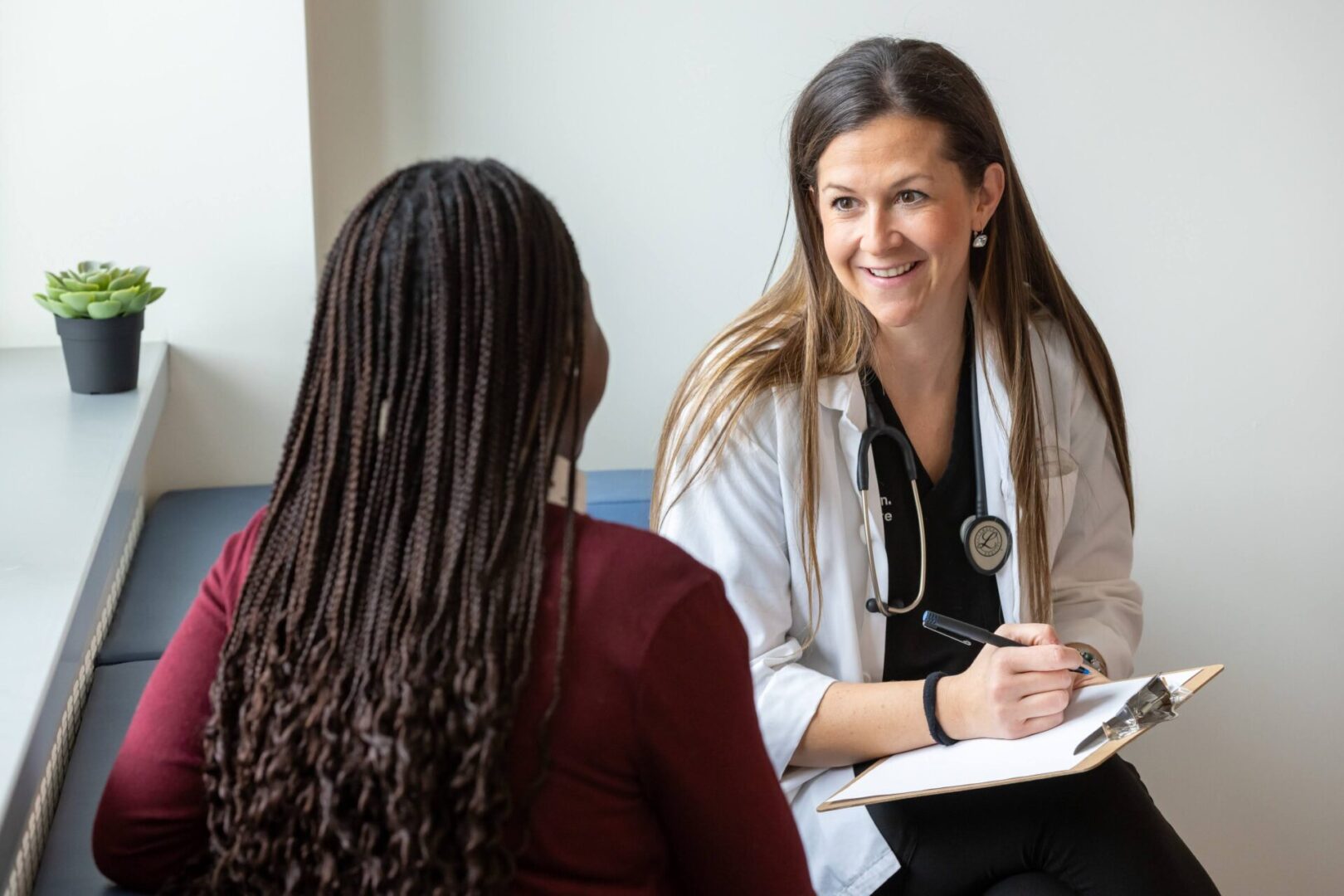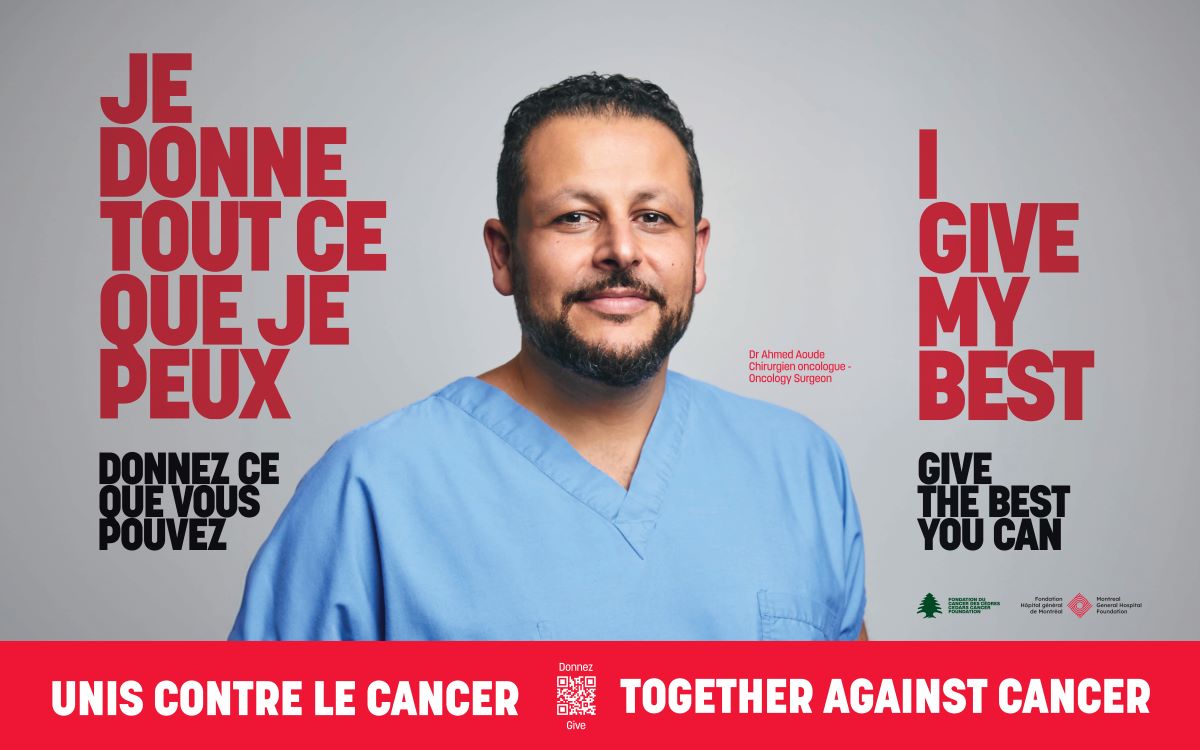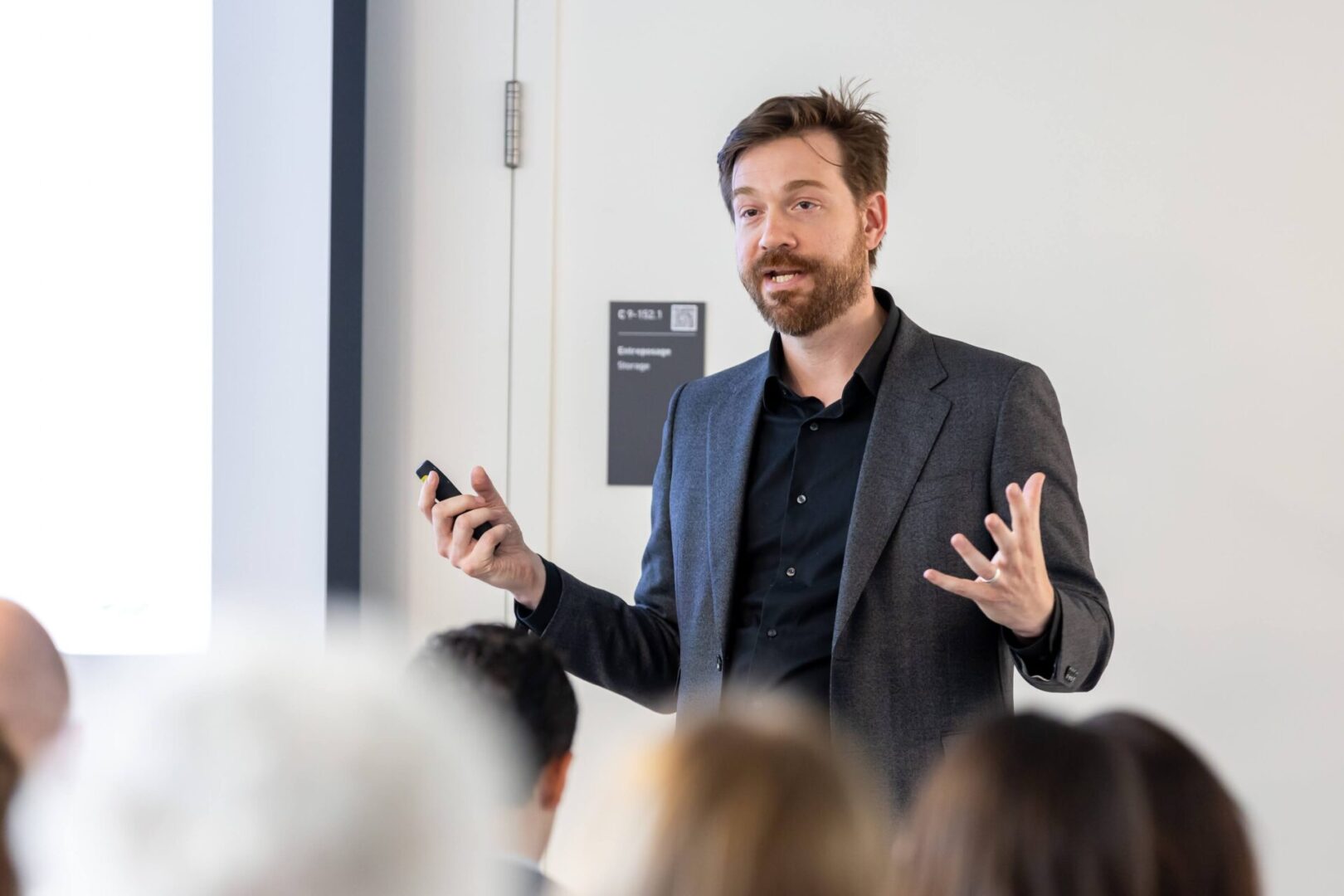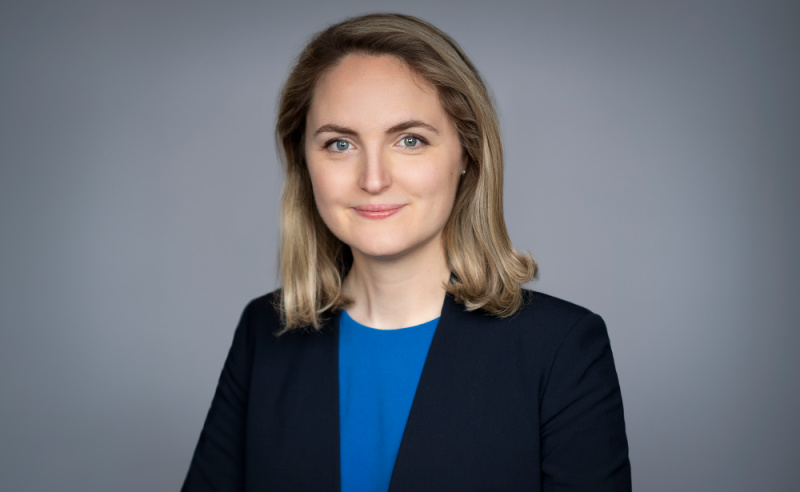Montreal Trauma Surgeons Bring Vital Care to Northern Quebec Communities
Going the extra mile to bring patients in from the cold.
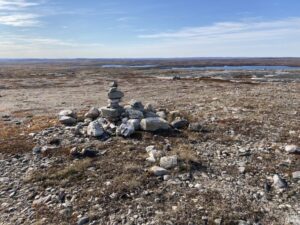
Nunavik or “Great Land” spans an astonishing 500,000 square kilometres of tundras, forests, and mountains. Indeed, its spectacular landscapes can literally take your breath away during its coldest months. This place is home to the Inuit, living in 14 villages, and the Cree territories of James Bay.
It is also an area where trauma surgeons, Drs. Evan Wong and Jeremy Grushka, regularly travel to provide much needed medical services on behalf of the Montreal General Hospital’s Trauma Centre, one of only three tertiary units in the province. The MGH Trauma Centre, named after trauma pioneer Dr. David S. Mulder, provides 24-hour in-house specialized emergency care for patients with acute trauma including life-threatening injuries.
North and South – Bridging the Great Divide
“Imagine what an alienating experience this is, when someone needs to travel thousands of kilometres for everyday surgical care that we take for granted.”
For most of us, it is hard to conceive of having to leave your community to get medical attention, especially when time is of the essence. But that is exactly what happens in Nunavik. A remote area characterized by inaccessible roads, difficult weather, erratic internet service and limited medical facilities means severely critical patients need to be transported to Montreal by medevac plane. As Dr. Wong points out, “You’re scared, you’re alone, you’re separated from what you know, and you find yourself put into an ambulance, a plane and into a hospital hundreds of kilometres from your home.”
This also exposes the hidden mortality rate associated with trauma in this region. When working against that crucial “golden hour,” so named for the 60-minute window when severely wounded patients need swift and decisive care to survive, Dr. Grushka says that “Individuals in Nunavik will succumb to their injuries because they can’t get moved.” Simply put, people can die waiting for treatment. That is the very situation Drs. Wong and Grushka want to change.
The traumas that plague Nunavik are much the same as everywhere else. Motor vehicle accidents, falls, substance abuse, suicide attempts and violent acts that can lead to internal bleeding and need surgical intervention. The difference is that the mortality rate in remote areas is 4 times higher than in major cities. So how does the Dr. David S. Mulder Trauma Centre bring about essential and reliable change to Nunavik?
Building a Sense of Community to Propel Quality Care
Establishing an ongoing presence in Nunavik, one that is culturally sensitive and acknowledges historical trauma and disparity, is the foundation to creating genuine connections with influential community leaders and elders. This also extends to doctors, nurses, therapists, and staff operating the outposts and hospitals. In essence, it shows that we care, that we are invested and that we are in it for the long haul. This is a mantra both Drs. Wong and Grushka frequently express. Strengthening these relationships advances the vision of the Dr. David S. Mulder Trauma Centre’s new surgical plan into concrete actions. They also pave the way for education, training, research, and injury prevention initiatives. All told, when fair and inclusive healthcare access and continuity of care are made priorities, the result is more positive patient outcomes. And, when this is rooted in an environment of respect, dignity and compassion, this unified and innovative approach can flourish.
“We aim to improve the relationship with the community and facilitate healthcare access. This is achieved by performing more on-site procedures and by engaging the community in the administration of services.”
The Crossroads of Elective and Trauma Surgery
In the new plan, all aspects of emergency and trauma surgery would still take place in Montreal. However, when it comes to elective surgery – those procedures planned in advance to address a medical condition – exciting alternatives are possible. A great deal of preparation and coordination is required before and after a patient is wheeled in and out of the operating room. This includes various medical visits, appointments for tests and imaging such as x-rays or CT scans, the surgery itself requiring a whole team of healthcare professionals, recovery and follow up consultations. Some of these steps could be streamlined in Nunavik to limit the anguish of constantly going back and forth to Montreal. By scheduling a rotation of one or two physicians to stay in Nunavik throughout the year, these on-site doctors would be able to manage clinics, do some imaging, establish diagnoses and create treatment plans. This could even lead to performing some basic general surgery such as hernia or gallbladder operations locally.
The Trauma Centre is about creating a solid framework for best practices in Nunavik. Here, “best” means relying on evidence such as the latest research and techniques to deliver high quality care. It is a patient-centric approach for services that can be provided close to home. This would also go a long way to relieving the burden on healthcare resources in both locations.
Putting People First
Both Drs. Wong and Grushka have been instrumental in raising awareness about Indigenous people’s healthcare needs and acknowledge that the Montreal General Hospital Foundation has been an invaluable partner in raising much-needed funds, such as for a CT scanner as well as for research to build a comprehensive database.
As the Foundation celebrates its 50th anniversary this year, its commitment to provide vital support for vital care has never been more evident. Championing excellence and innovation in healthcare to transform the lives of patients throughout the province, its support of clinical programs, innovative research, and life-saving equipment for people in need truly does embody the vision of being one united community.

“Current care in terms of surgery in our Indigenous communities is a hot public health issue. We’re not treating patients the same. That’s painful to say, but that is the truth.” – Dr. Jeremy Grushka, Trauma Surgeon, MGH-MUHC The Montreal General Hospital’s Trauma Centre is responsible for a territory that expands well beyond Montreal and …
